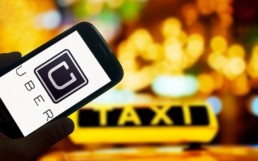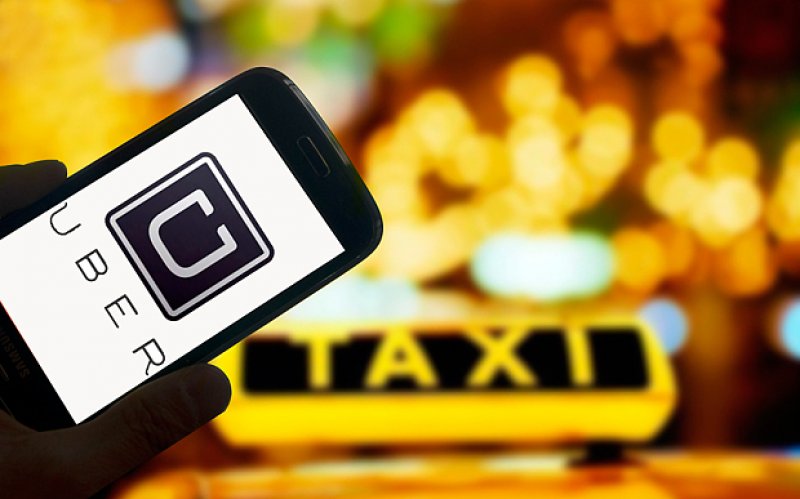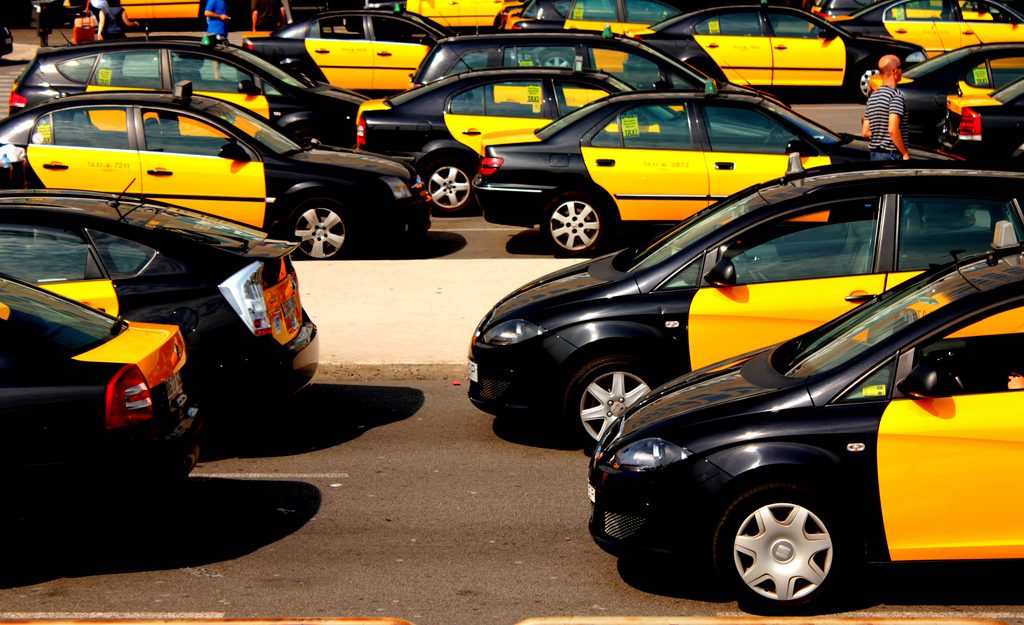Is Uber here to stay? Where does one channel concerns and complaints? How immediately are these concerns addressed?
Uber, the globally popular ride-sharing platform arrived in Ghana in 2016. The Uber app allows riders to call up a ride from anywhere an Uber is around, watch the progress of the ride in real time, and pay without lifting a finger.
With over four million Ghanaians plying the streets of Accra, the rapid growth of the use of mobile phones, access to high-speed internet, and expanding electronic banking tools, Uber sure had a perfect environment to launch its services in Ghana.
Uber’s inception in the business district of Accra made many business men and women, expats, and returnees excited to have the popular service in the country, as most of them had had the opportunity to use the service in other countries in the world.
Some customers, including many Ahasporans, have enjoyed most of their rides with Uber but others have shown displeasure about the attitudes of some Uber drivers and the difficulty of getting concerns resolved.
On the Ahaspora forum, Akosua recounted: “I’ve had several encounters with Uber. Some were great ones and others were just ridiculous.”
Wunmi, a foreigner who came to work in Accra for a few weeks also said: “I was excited when I got to use Uber in Ghana. It made travel around the business district easy, just that I think some of the drivers were unprofessional and they forget to turn off the trip when you get out of their car, and you are charged for their negligence.”
Ted, a renewable energy expert who visits Accra very often for business meetings criticized, “It’s just unbelievable how difficult it is to find an Uber ride in certain parts of Accra at certain times of the day. Especially in the evenings around 11 p.m. when you are returning from a business dinner and you don’t want to use a traditional taxi.”
Other people to whom Ahaspora spoke compared favorably the service of Uber in Ghana to that in the United States and other countries. They spoke about how easily you can get in touch with drivers and how enjoyable the rides were.
One regular user thinks Uber drivers behaved the way they do because of the attitude of some passengers, especially those who have had the opportunity to live outside. He said most returnees like to sit at the back, which, to them, did no harm. However, to some drivers here in Ghana that can be very offensive. To these drivers, it shows some kind of supremacy, especially if you are a lady. He argues that the next time you find yourself in this position on an Uber ride, try and sit next to the driver and if you can speak a local dialect, please do. The driver might be nice to you.
One could also argue that if Uber has made getting a ride easy by clicking a button, then it is fair for complaints to be made by clicking a button. Better still, one can go the traditional way by dialing an accessible hotline to get immediate assistance.
There have been cab agencies in Ghana who were unable to keep up service standards and therefore collapsed. So if Uber is here to stay, it could do well to put customers first and do a proper check on its providers to help deliver at their utmost best. Finally, Uber could create more awareness to get more drivers to register for uber. This will generate a bigger pool of ready Uber rides at any point in time for customers. Uber users in Accra expect more.
Until then enjoy your Uber rides—the good, the bad, the ugly.
What has been your Uber experience in Ghana?








